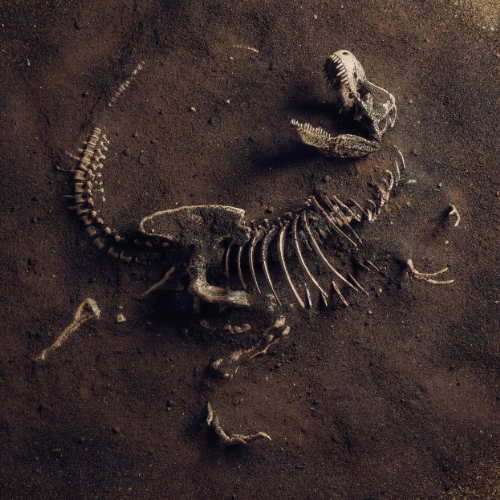The study of fossils provides an unparalleled window into the history of life on Earth, offering glimpses of extinct species, ancient ecosystems, and the processes that shaped our planet over millions of years. Fossil hunting and preservation require specialized supplies and equipment to ensure the proper extraction, handling, and analysis of these delicate and irreplaceable remnants of the past. In this article, we will explore the significance of using the right supplies for fossil-related work and how these tools contribute to the success and accuracy of paleontological discoveries.
Digging Up the Past: Essential Supplies for Fossil Hunters
- Excavation Tools: Unearthing Prehistoric Treasures
The process of uncovering fossils requires a range of tools designed for precision and care. Picks, chisels, hammers, and brushes help paleontologists and amateur fossil hunters to gently remove layers of sedimentary rock and reveal the hidden fossils within. Using the appropriate tools ensures that specimens are not damaged or destroyed during the excavation process, preserving their scientific value and potential for future study.
- Mapping and Documentation: Recording the Context
Accurate documentation of fossil discoveries is crucial to understanding their significance and relationship to other finds. Supplies such as field notebooks, pens, and waterproof paper help researchers record essential information about the location, stratigraphy, and associated fossils or rock formations. GPS devices and compasses are also valuable tools for mapping the exact position of finds, providing crucial context for further analysis and interpretation.
- Fossil Handling and Preservation: Safeguarding Ancient Life
Once fossils are discovered, proper handling and preservation are critical to maintaining their integrity. Supplies such as plaster and burlap are used to create field jackets, which protect fragile specimens during transport. Acid-free paper, archival boxes, and foam padding help ensure long-term storage and preservation, while labels and tags provide essential information about each specimen's provenance and context.
- Analytical Tools: Decoding the Fossil Record
The study of fossils often involves detailed analysis to determine their age, identity, and paleoenvironmental context. Paleontological supplies such as microscopes, sieves, and measuring devices enable researchers to examine and quantify the fine details of fossil specimens. Techniques like radiometric dating and geochemical analysis provide crucial information about the age and environmental conditions under which fossils formed, shedding light on the processes that shaped ancient ecosystems and the species that inhabited them.
Conclusion: Tools for Unraveling Earth's History
The use of appropriate supplies and equipment is crucial to the successful discovery, preservation, and analysis of fossils. These tools enable researchers to access the hidden world of Earth's past, revealing the rich tapestry of ancient life and the processes that shaped our planet over millions of years. As our understanding of the fossil record continues to grow, it is vital to invest in and prioritize the development of new and innovative supplies that will further advance the field of paleontology and our knowledge of life's evolutionary history.







